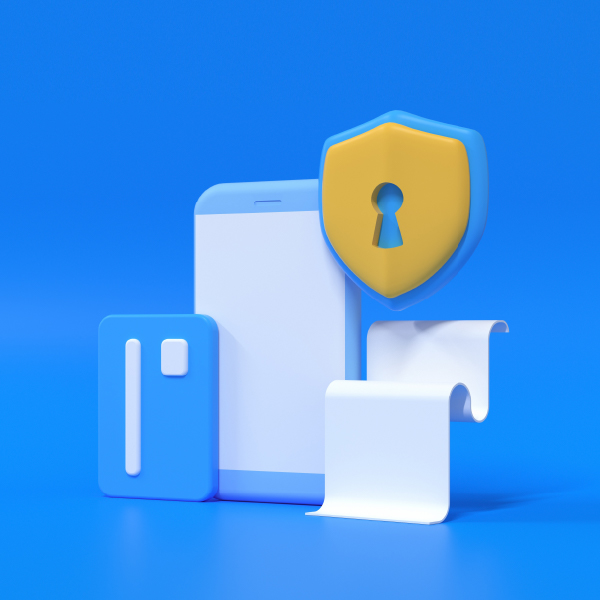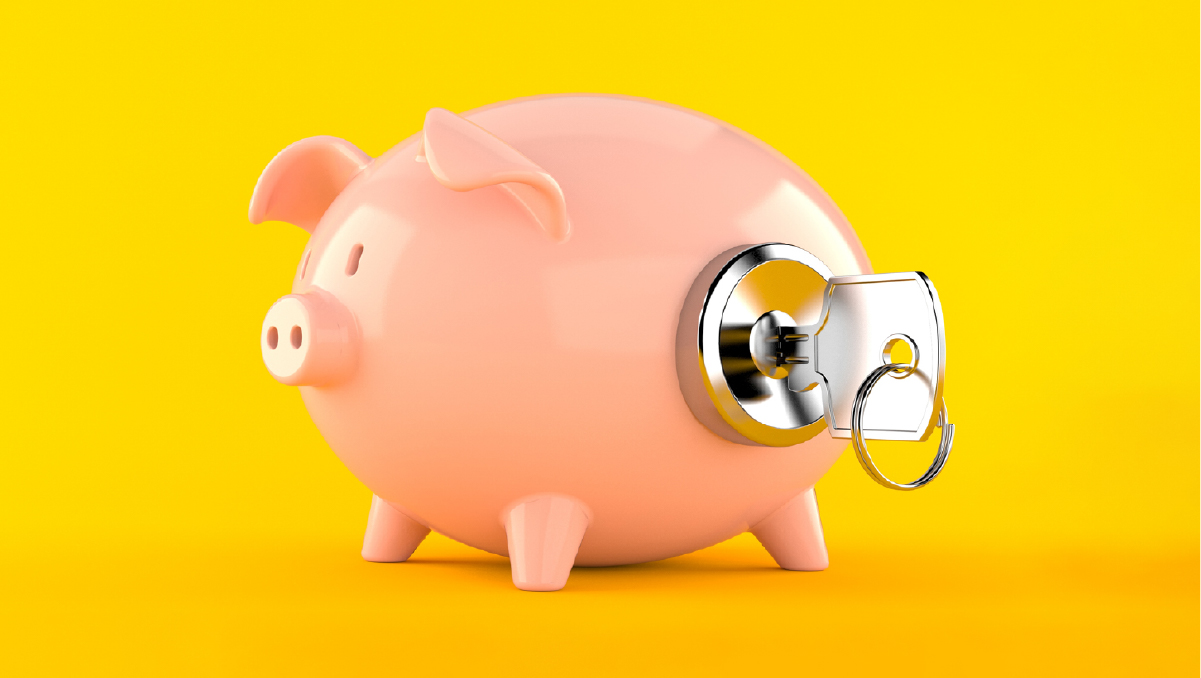WORK LIFE
How workplace benefits can help contribute to your financial wellness


How workplace benefits can help contribute to your financial wellness
Workplace benefits are a nice perk at work, but for some people, health insurance and retirement plans aren’t as enticing as they once were. Especially for millennials and Generation Z, many people want employers to offer benefits that reflect their current needs. After three years of the pandemic and rising inflation, more North Americans are looking for assistance with their mental and financial wellbeing.
A recent Ceridian study of North American workers revealed that 83% of respondents wish their employer offered non-health benefits, such as on-demand pay and flexible work arrangements. A lot of daily aspects of work have changed, and many people are finding value in different aspects of their jobs now.
You may not have considered all the different types of benefits that could be available or to ask your current employer about.
The modern benefits package: What people want today
More organizations are branching out from traditional employee perks to offer new non-health benefits to their people. Depending on your lifestyle, you may value some more highly than others. The good news is the broader range of benefits means more employers are starting to think outside the box. This means you can find the right support that you need.
In response to changing needs, more organizations are beginning to focus on supporting employee financial wellness. In fact, 82% of millennial and Generation Z respondents in the above study say they expect their employer to play a role in supporting their financial security and wellbeing. Financial wellbeing benefits can provide a more personalized experience because they’re often more flexible to your unique needs.
The benefits of financial wellness
You may be asking yourself: What is financial wellness and does it really impact my daily life? Financial wellness is part of your overall health and is defined by the amount of stress that’s associated with your personal finances. Managing your money can be stressful, from making decisions about saving to paying your bills on time. You can quickly evaluate your own financial wellness by checking how prepared you would be for an emergency.
For example, Ceridian’s study found that over half (54%) of all respondents had trouble covering expenses between pay periods over the past six months, with recent inflation and high expenses as some of the biggest contributors.
Financial stress can have a severe impact on your sleep and physical and mental health. When you’re feeling the pressure to make ends meet when everything costs more these days, taking unpaid time off or spending money on care becomes even less of an option. Many people want to simply be less stressed about money to focus on other parts of their life, such as enjoying family and their career.
Different benefits can alleviate financial stress and improve your overall wellbeing, such as:
On-demand pay access
On-demand pay access can be an important differentiator because you’re given more control and access to your pay when you need it. 3-in-4 workers (78%) say access to on-demand pay would impact their decision to choose an employer. This financial wellness benefit can be especially helpful when you have unplanned expenses, such as a broken fridge or car repair.
Healthcare spending
Also known as HRAs or reimbursement accounts, some employers can offer you a flexible spending account where they contribute money to cover medical expenses up to a set amount, such as $500. Healthcare spending can be very useful if you want to allocate the full account to the medical need you care about most, as opposed to older models that used smaller, set funds for health, dental, and vision.
Tuition reimbursement
If you’re looking to make a change in your career path, upgrading your skills or gaining a new certification can be a great way to prepare to change your current position at work. Some employers will offer to help with development opportunities and pay for your upskilling. Earning new job-related certifications are a great way to advance quicker or learn new skills that you may not be using in your daily work.
Mental health support
In the past decade, companies have begun to recognize more and more the importance of supporting their people’s emotional well-being. Oftentimes, we neglect to set aside funds to pay for this type of support for ourselves. 2021 Benefits Canada Healthcare Survey found that half (51%) of plan sponsors are focusing on investments in emotional or mental health. This can be a valuable workplace benefit if you’re dealing with stress or other mental-health-related concerns.
Paid time off
Paid vacation time can be a highly valuable workplace benefit, whether you’ve planned to take a break or need a sick day. Paid time off can help ensure you’re still receiving the same paycheck for expected bills while giving you the space to recover. Always check for the number of days you’re granted. Some people prefer to ask for more vacation days over a raise during performance reviews.
What are some other types of non-health benefits to look for?
- Remote work and flexible scheduling
- Gym membership discounts
- Home office expenses
- Childcare and family benefits
- Commuting and travel assistance
Banking services provided by and the Dayforce Wallet Mastercard issued by Green Dot Bank, Member FDIC, pursuant to a license from Mastercard. Mastercard and the circles design are registered trademarks of Mastercard International Incorporated.
Green Dot Bank also operates under the following registered trade names: GO2bank, GoBank and Bonneville Bank. All of these registered trade names are used by, and refer to, a single FDIC-insured bank, Green Dot Bank. Deposits under any of these trade names are deposits with Green Dot Bank and are aggregated for deposit insurance coverage up to the allowable limits.
©2026 Green Dot Corporation. All rights reserved. Green Dot Corporation NMLS #914924; Green Dot Bank NMLS #908739.
Dayforce Wallet is registered with the DFPI as Dayforce Licensing LLC under the CCFPL with a registration number of 04-CCFPL-1938639-3480784.
IMPORTANT INFORMATION ABOUT PROCEDURES FOR OPENING A NEW CARD ACCOUNT: To help the government fight the funding of terrorism and money laundering activities, federal law requires all financial institutions to obtain, verify, and record information that identifies each person who opens a Card Account. What this means for you: When you open a Card Account, we will ask for your name, address, date of birth, and other information that will allow us to identify you. We may also ask to see a copy of your driver’s license or other identifying documents. If we are unable to verify your identity, we will not open an account for you.



